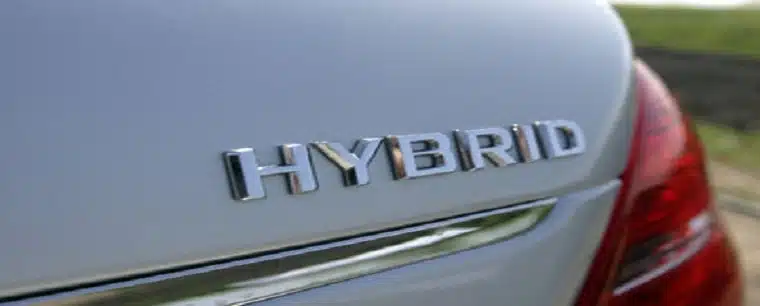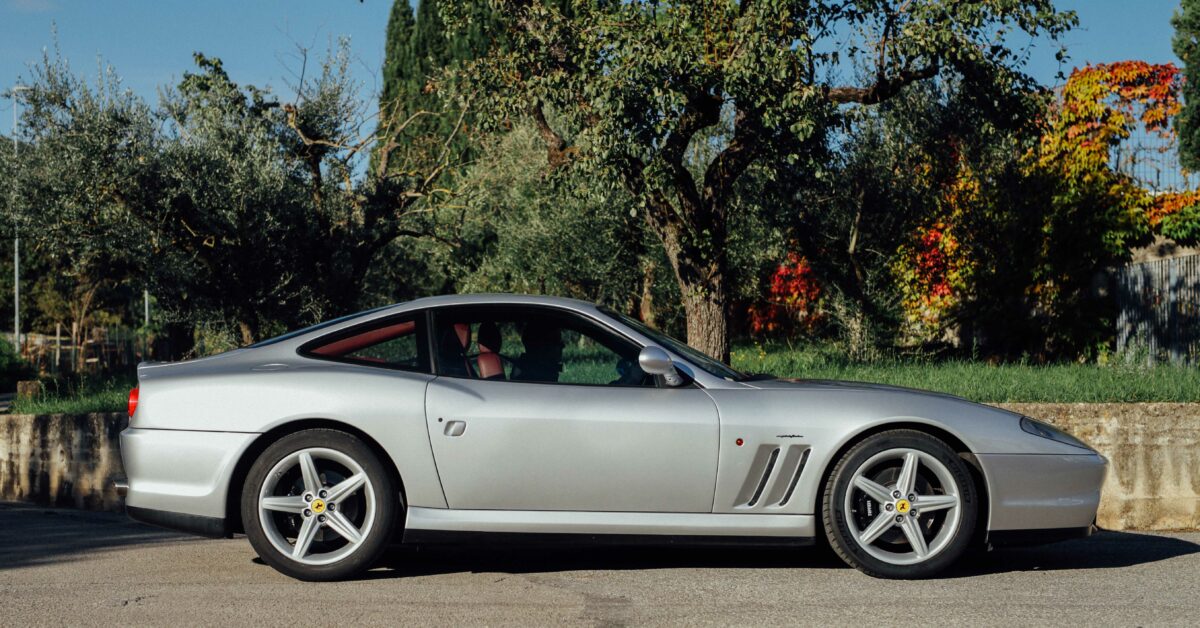Hybrid cars, a marvel of automotive engineering, seamlessly blend traditional combustion engines with electric motors.
This ingenious combination propels vehicles with enhanced efficiency and reduced emissions.
In this comprehensive exploration, we delve into the advantages and disadvantages of hybrid cars, unraveling the intricate details that every potential buyer should consider.
Advantages of Hybrid Cars: Driving Efficiency to the Next Level
1. Improved Fuel Efficiency
Hybrid cars distinguish themselves with outstanding fuel efficiency, a result of integrating both combustion engines and electric motors.
The electric motor excels in low-speed driving, perfect for city traffic, while the combustion engine takes charge at higher speeds and longer journeys.
This synergy results in reduced overall fuel consumption, providing a cost-effective solution for drivers.
2. Environmental Friendliness
Reduced emissions mark another triumph of hybrid cars.
Operating in electric mode, these vehicles produce no tailpipe emissions, significantly contributing to environmental preservation.
Cities and states incentivize driving low-emission vehicles, potentially saving drivers money while promoting eco-friendly practices.
3. Enhanced Performance
Hybrid cars redefine the driving experience with enhanced performance.
The electric motor provides a power boost when needed, especially during acceleration or overtaking.
This not only makes driving a hybrid car more responsive but also elevates the overall driving pleasure.
Disadvantages of Hybrid Cars: Navigating Challenges
1. Cost Considerations
The upfront cost of hybrid cars is often higher compared to traditional gasoline-powered counterparts.
This is primarily due to the sophisticated technology involved, including the electric motor and other hybrid-specific components.
However, it’s crucial to note that long-term fuel efficiency gains can offset these initial costs.
2. Limited Electric-Only Range
Hybrid cars excel in short distances on electricity alone but rely on the combustion engine for longer journeys.
This limitation means occasional visits to gas stations, even for predominantly hybrid car drivers.
Despite advancements, the industry is yet to achieve a truly comprehensive electric-only range.
Top 5 Hybrid Cars: Performance, Economy, and Popularity
1. Toyota Prius
The Toyota Prius remains an economical choice with excellent gas mileage and a spacious interior.
2. Honda Insight
Honda Insight stands out for its comfortable drive, low fuel consumption, and a generous list of standard features.
3. Toyota Camry Hybrid
An economical option, the Toyota Camry Hybrid combines smooth driving with a spacious interior and a reputation for reliability.
4. Hyundai Ioniq Hybrid
The Hyundai Ioniq Hybrid offers a comfortable drive, a spacious interior, and a reputation for reliability.
5. Kia Niro
Kia Niro, a hybrid SUV, excels in fuel economy, and comfortable driving, and boasts a spacious interior.
Conclusion: Balancing Pros and Cons
In conclusion, hybrid cars emerge as a revolutionary solution, effectively utilizing both internal combustion engines and electric motors. The advantages, including fuel efficiency, reduced emissions, and enhanced performance, make them an attractive choice.
However, potential buyers must weigh these against the disadvantages, considering the higher upfront costs and the limited electric-only driving range.
Despite these considerations, the environmental and economic benefits position hybrid cars as a preferred choice for many drivers.
Exploring Ferrari Front-Engine Marvels: A Deep Dive into the 550 Maranello and 575M
Ferrari Front-Engine Legacy Unveiled In the world of automotive excellence, Ferrari front-engine marvels, specifically the 550 Maranello and its successor, the…
Exploring Sedona Best Driving Roads: A Journey Through Unrivaled Beauty
Embarking on a journey through Sedona, Arizona, promises a symphony of breathtaking vistas and enchanting locations that unfold with every…
Top 11 Insurance Companies in California 2024
In the sprawling state of California, navigating the unpredictable nature of roads is a daily challenge. Auto insurance emerges as…
5 Popular Trucks for Canadian Drivers
Are you on the quest for the perfect truck tailored to your unique needs? Look no further. Let’s dive into…
QOTD: 10 and 2 or 9 and 3? – Finding the Perfect Hand Placement
Driving etiquette has evolved over generations, sparking debates among automotive enthusiasts. The recent Twitter feud among journalists ignited the discussion…
Unveiling the Thrilling Legacy of David Purley Formula 5000 Racing
Formula 5000: A Symphony of Power and Elegance Embark on an exhilarating journey through the golden era of Formula 5000 racing,…






